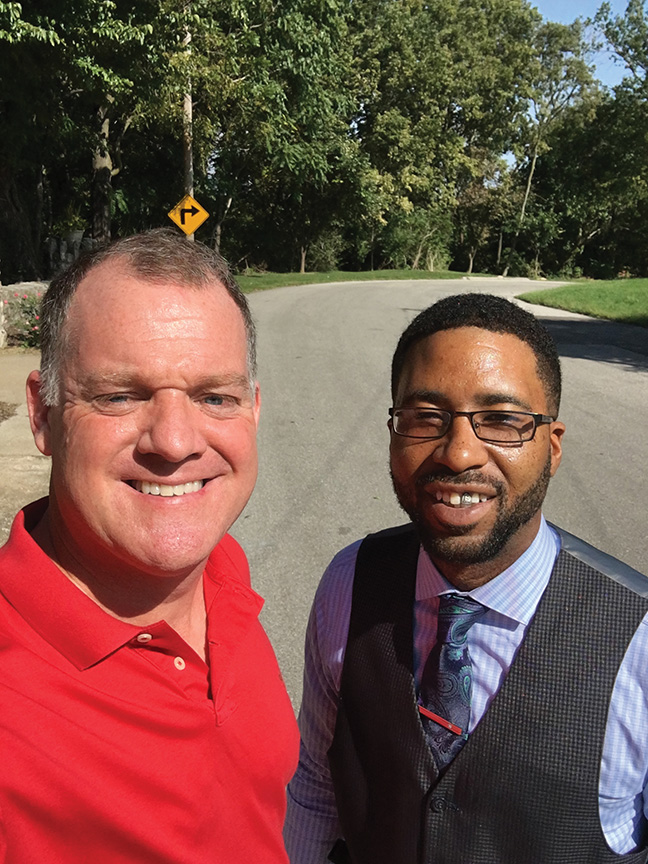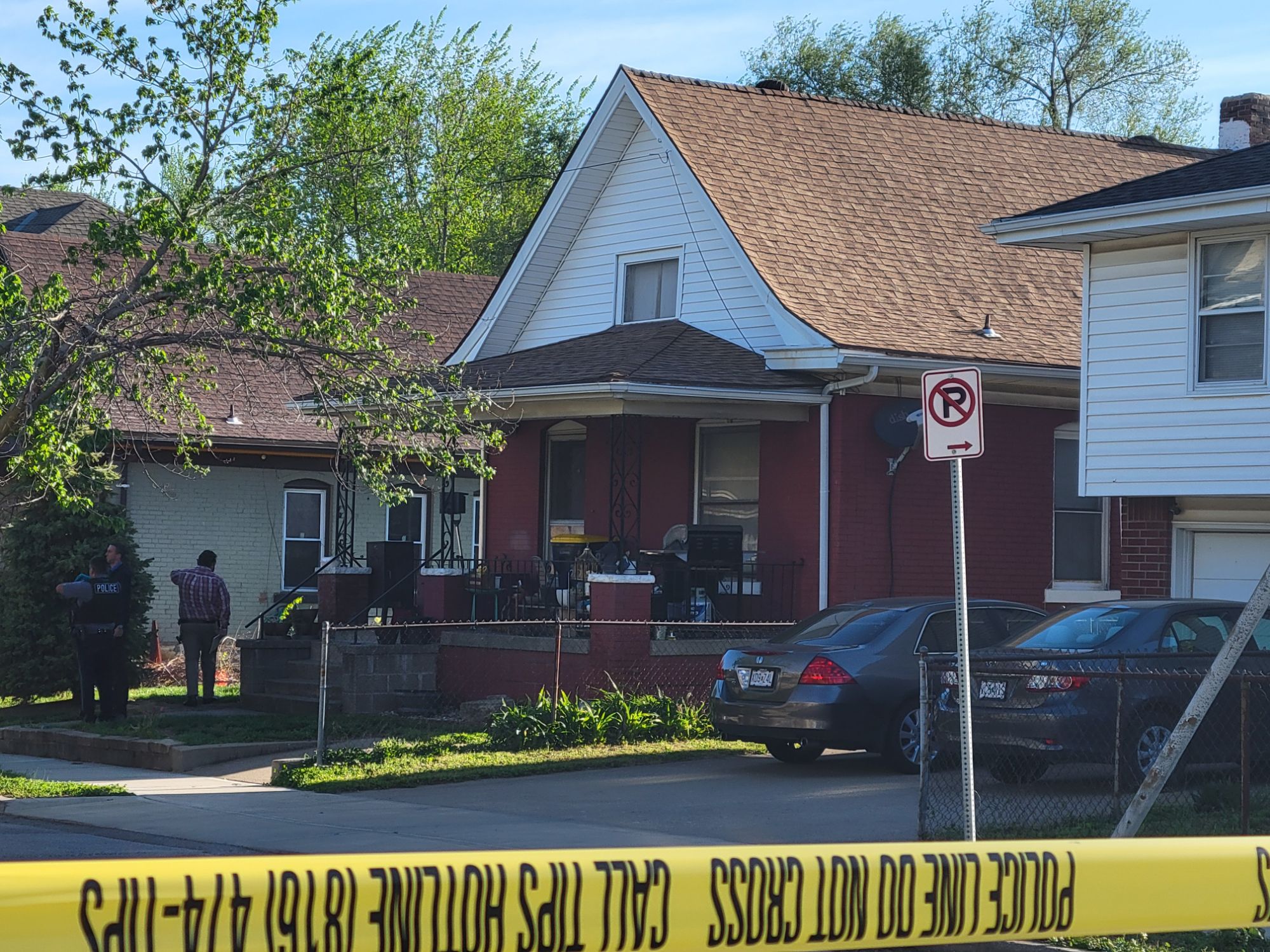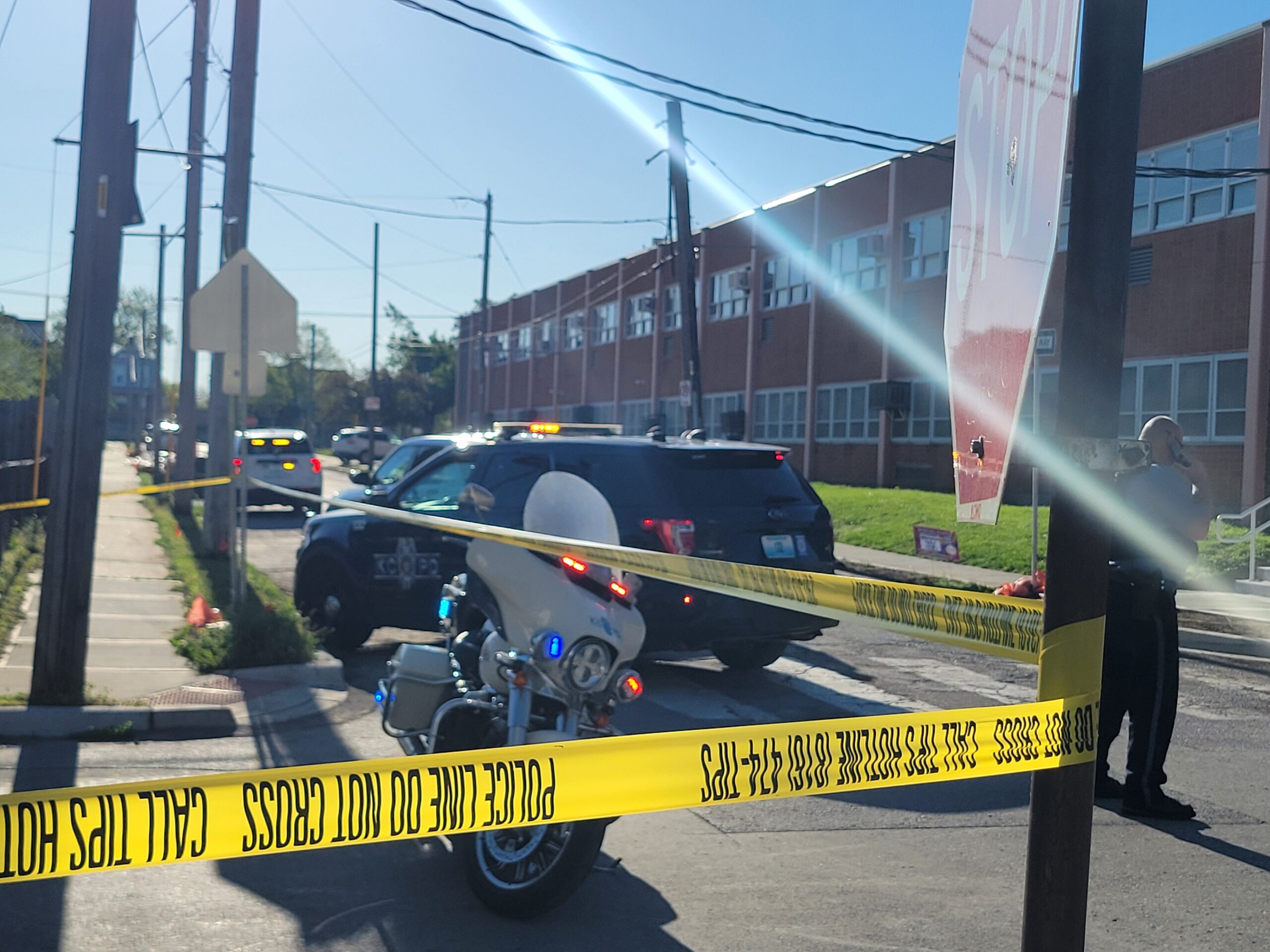Elizabeth Orosco
Northeast News
In response to the growing issue of illegal dumping on Kansas City’s east side, 3rd District Councilman Brandon Ellington’s resolution that would offer an action plan to tackle the problem has passed council.
The resolution tasks the city manager with developing a plan to help reduce the illegal dumping in neighborhoods in coordination with the existing solid waste improvement plan.
Councilman Ellington’s resolution includes establishing transfer station trash facilities located on city-owned properties, increase trash pick-up routes for bulky items, place additional trash receptacles at major roadways, boulevards, and intersections, establish year-round leaf and brush operations, and increase the current two trash bag limit.
The council voted unanimously to pass it.
Recently, Northeast resident John Bordeau created a video that highlighted the illegal dumping issue along Cliff Drive, the 4.2 mile boulevard that winds through Kessler Park from Martin Luther King Jr. Boulevard on the east to Belmont on the west.
As the video gained traction around the city and thousands of views, Councilman Brandon Ellington walked down to Cliff Drive with Bordeau to take a look at the problem himself.
During an interview with the Northeast News, Bordeau said he would be in favor of increasing the two trash bag limit because a large portion of the garbage he sees is household trash.
“It looks like it came from someone’s kitchen,” he said. “It’s dirty diapers, bottles, and stuff from someone’s house. I’d also like to see it be easier to get rid of big stuff. It seems like we should make getting rid of bulky items as easy as possible so that it doesn’t end up in our parks.”
Brandon Ellington sat down with the Northeast News to discuss his recent work at City Hall, including drafting this ordinance.
He said the council recently heard a project that would include investment from the city for a downtown office and garage space, but his trash resolution was sent back to committee to study what the cost would be.
Debating over the cost of a basic city service and rushing other high-dollar projects through, Ellington said, is “the other way around.”
“We should not be worried about how much the basic services are going to cost because that’s what the tax dollars are originally for,” he said. “Why would we be so in tune to rush a project that is for an office and garage complex, which is not a basic service, and we are not really worried about the long-term commitment to that, but we are worried about what financial commitment we could have to a basic service, which is trash? It should be the other way around.”



















